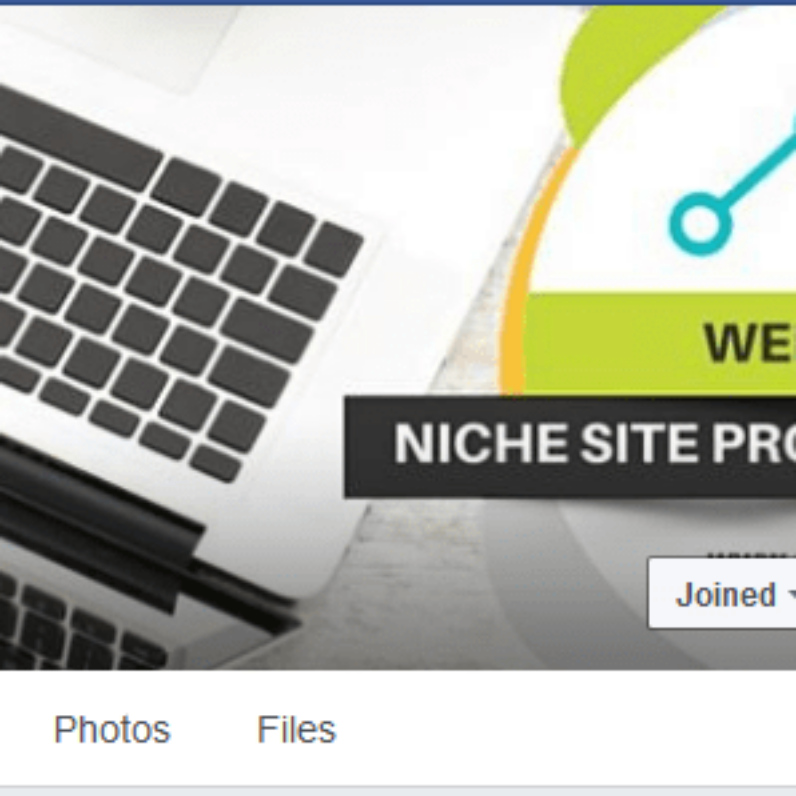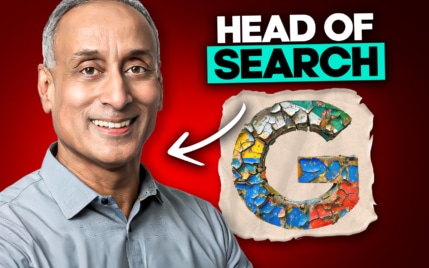How Erin Shine Sold His E-commerce Company for 7 Figures to Create an Innovative New Business
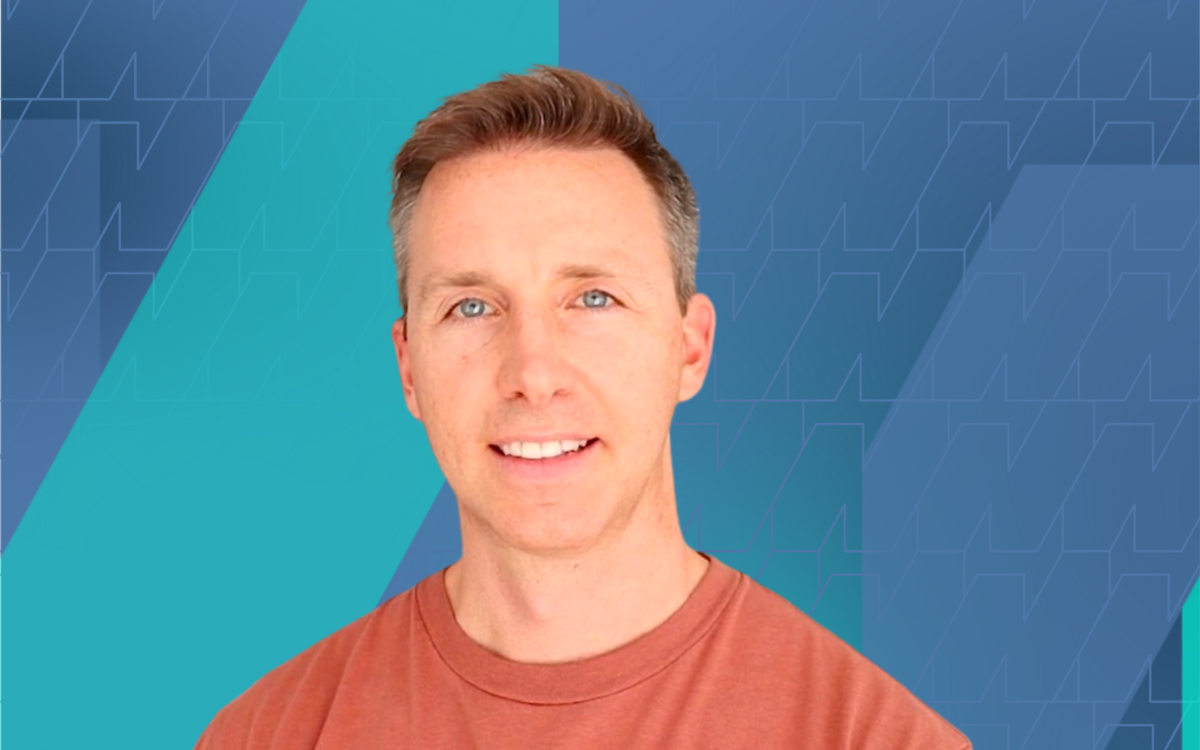
When you buy something through one of the links on our site, we may earn an affiliate commission.
Erin Shine comes from a family of entrepreneurs, so it's not very surprising that he followed in his family’s footsteps.
Starting in college, he developed a passion for renewable energy and energy efficiency, which he pursued throughout his career. He eventually started his own e-commerce store selling energy-efficient lighting and built it up to 6 figures in profit before selling it for 7 figures.
Over the years, he's started other businesses with varying levels of success.
Currently, he has an ambitious new venture: building out and renting or selling net zero homes, which he documents on his blog, Attainable Home, and YouTube channel.
Keep reading to find out:
- How he got into real estate and energy efficiency
- Why he created his e-commerce business
- How he built it up to 6 figures in profit
- What other businesses he's created
- What he learned from his many business ventures
- How he sold his e-commerce business
- What he aims to do with his blog
- How he was impacted by the HCU
- How he creates content
- The resources and tools he uses
- His biggest challenge
- His greatest accomplishment
- His main mistake
- His advice for other entrepreneurs
Contents
- Meet Erin Shine
- Why He Created His Company
- How Much He Was Earning
- Erin’s Main Marketing Strategy
- His Content Creation Process
- His Favorite Resources
- His Indispensable “Tools”
- His Biggest Challenge
- His Greatest Accomplishment
- What He Wishes He Knew When He Started
- His Main Mistake
- His Advice for Other Entrepreneurs
Meet Erin Shine
I grew up in Puerto Rico and Florida, playing soccer, sailing, and doing a bunch of other fun activities.

From high school on, I was always somehow interested in, and gravitated towards, the win-win between environmental, business, and financial savings in energy efficiency and renewable energy.
There are many entrepreneurs in my family, so business and real estate was also something I tuned into early on.
In college, I changed my major four times, but really honed in on my love for finance and real estate when I took Finance 101. It was hard for most people, but I felt right at home and naturally loved it.
After college, I wanted to get right into solar energy, so I packed the car in Florida, drove out to Colorado, and chased down a solar company that I found for two months until they hired me. That started my career in sustainability.
While I sold solar energy for a while, I discovered energy-efficient lighting at the time (2009).
New technologies were coming out that made the return on investment and energy/money savings so compelling for businesses that it was pretty much a no-brainer for them to switch out their old lighting for new efficient technology.
I had been the first employee at a lighting startup in Boulder, CO, and wore all the hats. That included doing the financial proposals, doing the accounting, installing lights 40 feet up on scaffolding in tennis courts and warehouses, and all the rest.
Unfortunately, due to mismanagement and the bad economy at the time, the company failed.
A few weeks later while on unemployment, I started an e-commerce energy-efficient lighting company from nothing, knowing that the bar was so low in the industry and that I could make it so much easier for customers at the time, versus what I dealt with on the distribution side.
I built up the e-commerce business to mid-seven figures in revenue and sold that company in 2017. It’s a high-volume and lower-margin business, but it still worked very well.
I got a bit burned out after the whole venture, so I took some time off, traveled the world, and tried many small businesses in between.
Lately, I have been building Attainable Home, a site dedicated to practical sustainability and affordable real estate, proving that net-zero homes are possible at or under the median average home price.
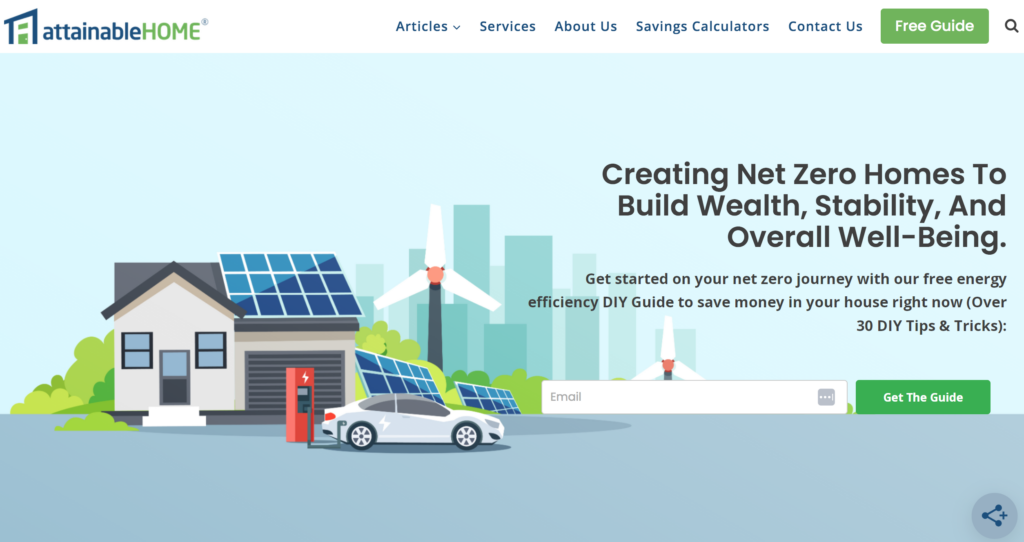
Net zero means powering the house fully from energy efficiency and renewables (solar). I even made sure to power the EV (Tesla) 100% as well.
I had this idea in my head for many years and just had to go for it, having faith that it was definitely possible. Starting in 2020, I renovated two houses in Florida to be completely net zero, and they have since been great rental properties and investments.
Now I’m living back in Denver, Colorado, doing YouTube videos, growing the Attainable Home blog and brand, and enjoying the sunny winter out there.
Currently, I run my blog and a site focused on broadcasting and radio.
Why He Created His Company
I started it kind of as a side project after being laid off in 2010, as mentioned. While I didn’t know what to do, I had this real faith that I could make a much better version of a commercial energy-efficient lighting supplier than what was out there.
Not only that, but I thought I could make it ultralean and efficient. That meant working from home, never having an office, and dropshipping only, among other things.
These things are well-known strategies now, but they were fairly new back then. It just seemed to make sense.
Otherwise, the bar was and still is so low sometimes in the lighting industry. Distributors play pricing games, play favorites, change prices weekly, won’t call back, and play gatekeepers with whom they sell to, among other things.
As basic as it seems, the idea started out of frustration and the business model was to 1) pick up the phone, 2) do what you say you’re going to do, 3) be good to people, and 4) be transparent with pricing (line item pricing).
I sat at my kitchen table for six months while on unemployment and just built the website and added products daily for 8 to 10 hours per day.
Slowly, the phone started ringing and the orders started coming in. I still remember my first phone sale like it was yesterday. I was over the moon about it and had the “sales high,” because I had just made in profit what I worked for two full days to make at my old job.
I came up with the ideas by just keeping my eyes open, being a sponge in the lighting industry, and focusing on what people really needed. It’s that simple.
Other businesses I have started and that have failed or I have walked away from are many:
- I bought two Toyota SUVs to rent out on Turo, thinking that I’d make great cash flow in the winter season in Denver for the families flying in to go skiing. It turned out fine in the beginning, but the wear and tear on the car, depreciation, and ultimately the vacancy meant nearly no profit was made.
Someone crashed the brand new 4 Runner on the highway and put it out of commission for four months. I sold both cars. It’s like running a terrible Airbnb business, with the (house/car) losing value instead of gaining value like real estate does.
- I had an electric wire distribution company startup that failed. One of my best friends wanted to get into e-commerce, so we talked about it and became partners. In the end, we did business way differently.
From my end, he didn’t put in near the work it takes to grow a company. The whole thing failed, and so did our friendship. Be VERY careful working with good friends early on. It’s like a business-marriage that can end in a nasty divorce.
- After selling the lighting company, I thought lighting was easy and was riding high. I started a private label lighting manufacturing business for commercial lighting, thinking it would be a walk in the park given my previous success.
With the website built, the logo done, and all the other basics, I started ordering containers from China, and selling on eBay, Amazon, my own site, etc. I did it pretty much part-time, honestly not putting in my full effort. This was a huge mistake.
The margins got crushed with shipping, tariffs, Amazon/eBay fees, credit cards, and everything else. In the end, over two years I sold well into the six figures, all to lose about $20k total.
If you are not hyper-focused on the business, you may just be spinning wheels. In the end, I sold it for low five figures (mainly inventory) to get it off my hands. Lesson learned.
How Much He Was Earning
With regard to the e-commerce business, my earnings varied and I can’t give full details due to having an NDA with the new owner.
In the beginning, I was thrilled to be making mid-to-high five figures. It quickly grew to low-to-mid six figures in profit per year.
I would say it took 2 to 3 years to really ramp up to where I was very excited about the growth. Everything takes time.
It was low-to-mid six figures, about 4x yearly net income due to the process and team I had put in place.
I decided to sell it after seven years because I had always wanted to get into real estate investment projects, so I could use the funds for that. I was always burned out at the time and had lost interest.
I heard this quote along the way which rang true: “A business fails due to one of two things: Either the business runs out of money, or the founder runs out of energy.”
I was feeling the latter, and my attention was being taken elsewhere. I knew it was dangerous for me to stay on and not sell it, because it’s so hard to run a company, and it will fail if you’re not focused. So I decided to sell.
I love how I found a buyer. I asked myself who would want an e-commerce lighting distribution company in my local area of Denver.
I cold-called three local companies that had no online presence and no e-commerce site. This could be a nice addition to their business model. Out of the three, only one called me back.
I was in their office the next day and we struck a deal. That was it. I saved 10% at least on the brokerage fee by cold calling, which I still am super happy about.
The sales process took about six months. Their side had a lawyer and CPA, and so did mine. These professionals have an incentive to run your bill up, so watch out for this.
Any time we hit a snag, instead of having the CPA or attorneys chat with each other, the buyer and I would chat and we got along great.
We solved it and then told the CPAs and attorneys what to do. This probably saved us thousands. It’s a long process and you have to be patient. But the deal eventually gets across the line.
In terms of traffic, I don’t have the exact numbers, but we did anywhere between 1 million to 1.5 million views per year. Half of this was paid ads and Adwords. We allocated a huge amount of revenue for this.
E-commerce quickly became competitive, with a lot of other people copying me/my company exactly and trying to sell the same product. This will happen with anything that’s successful. Also, Google Shopping went from free to paid, and the prices just kept going up to advertise.
As for my workday, I’m currently working 30 to 40 hours per week on Attainable Home, and at least half of that is making YouTube videos, which takes up so much time.
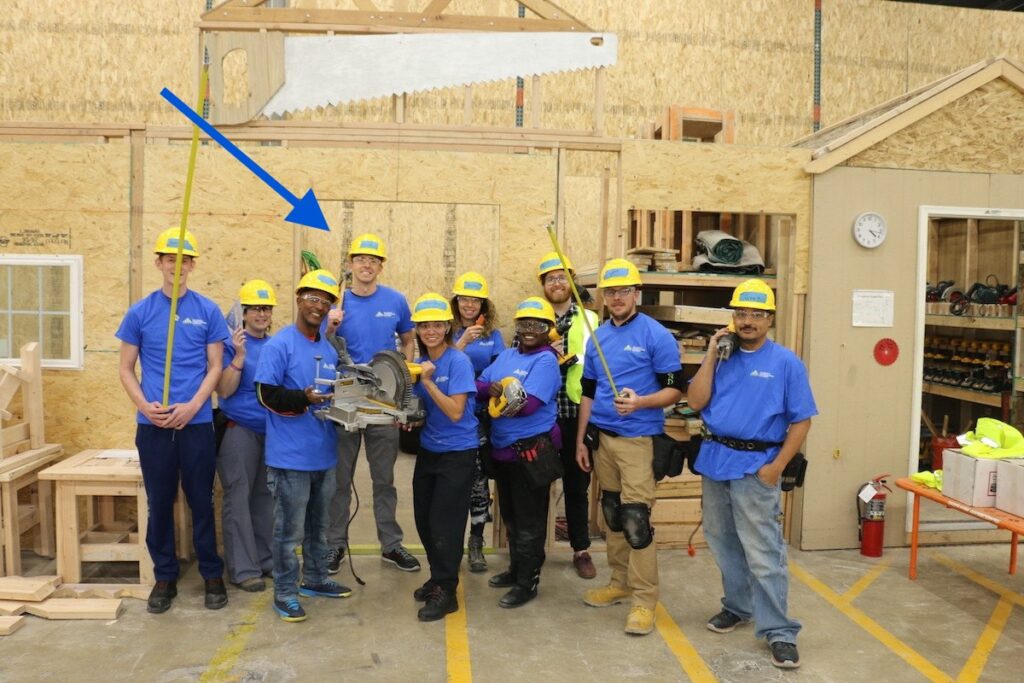
When I sold the e-commerce lighting business, I was only working 5 to 10 hours per week. There were 11 employees and we had a great system in place, much of it automated.
This is what really helps create business value.
Erin’s Main Marketing Strategy
Our best strategy was writing helpful descriptions for the products. I had been in the field, installed these lights myself, and knew how to describe the energy savings and other benefits.
Just this one thing had us ranking above the manufacturers themselves much of the time, so we got the #1 spot on many, many products.
If I could recommend one thing—this would be it.
Beyond this, just be good to people. On inbound calls, we had a friendly staff that went over the top. They were salary and commission. They knew if they were hard-selling I would let them go.
That wasn’t the brand or vibe I wanted to create. We picked up the phone, were nice, and followed through. Much of the work starts after that first sale or phone call.
In terms of SEO, we provided detailed and personalized product descriptions, and also blog posts, and other helpful content.
I personally have been hit by the Helpful Content Update and many others, getting caught up in trying to rank for SEO and not people.
What’s true now was true 10 to 15 years ago: do right by people and the algorithms and people will eventually sort it out and bring the traffic and revenue to you.
Keyword Research
We went after the best lighting brands to work with and then built the content from there. It was about taking their line-up of products and then making the pictures, descriptions, and everything else on the site as helpful as possible.
Not just copying and pasting stuff from the manufacturer. That’ll put you in a sea of hundreds of duplicate e-commerce sites where you provide no original value.
I can’t remember actually using many keyword or SEO tools at all.
Link Building
We did not link build at all. Maybe it could have helped. But by writing up a lot of custom content, much of it ranked first anyway.
Since then I have started three blogs, and they were all doing well before the HCU. I haven’t done much link building except HARO, but used to follow the Income School method (now obsolete, in my opinion).
I have used many content, affiliate, and keyword tools with my recent blogs, including Keywords Everywhere, Link Whisper, AAWP, Ahrefs, and many more.
Since the HCU and subsequent algorithm releases, nothing has seemed to work on increasing traffic or on recovery. I implemented so much of EEAT, updating content, and all the other ideas people have had.
Nothing is working lately and it’s incredibly disheartening.
His Content Creation Process
I originally started 2-3 years ago with the Income School online course and method. That worked, and my recent blogs quickly got to 100k or 200k views per month, qualifying for Mediavine and/or Raptive/Adthrive.
I hired many writers, had a team of editors, and published maybe 150 to 200 articles per month. I did the keyword research, came up with topic clusters and the rest, and the team created the content.
These were the days before AI. Now everything has changed.
Two of the sites got to that level but the third has been struggling and still only has 10-15k views per month with no qualification for ad partners, and we didn’t want to bog the site down with others until we could do Mediavine/Raptive.
His Favorite Resources
Now, I’m not just saying this, but the Niche Pursuits podcast has been the best for interviewing bloggers and content business owners. It gets into the details like few others do.
For YouTube, I like UpFlip (small business), Income School, Doug Cunnington, and the Empire Flippers Podcast and The Blogging Millionaire are some others I listen to.
I’ve now been out of e-commerce specifically for years, so these are more blogging-related ones.
His Indispensable “Tools”
My tools are:
Intuition: Look around and be a sponge. Notice what people need help with. Equally, take note of what doesn’t work, and do the opposite.
Efficiency and systems: Creating systems and automation is the key to time freedom and value.
The core team: You need a key group of people to help run the day-to-day and to have your back. The last part is important. Half the team is still at the e-commerce business I sold because it was a team that was well-put together and because the business was set up nicely.
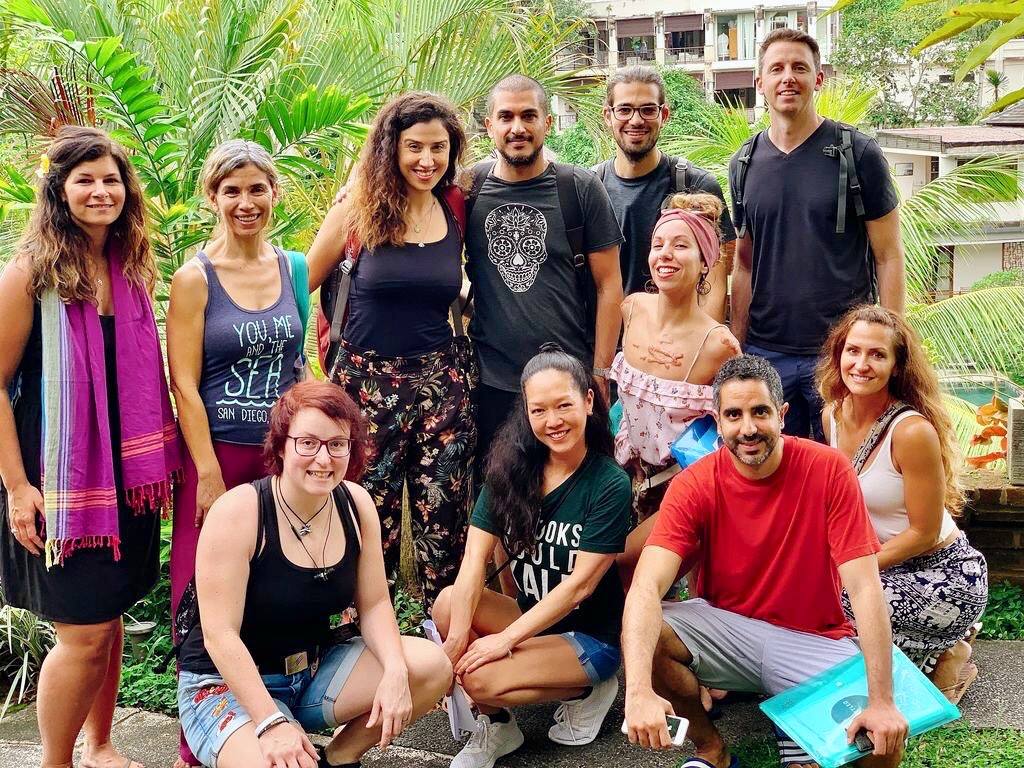
His Biggest Challenge
That would probably be managing people, but also managing time. There’s so much to do and it’s easy to get into your head about all of it, without switching off.
I would also add that finding good people is also very hard. Keep the good ones around too.
When it comes to finding good people, listing the jobs on multiple sites seemed to help. The biggest advice I could give is to look for people who actually show up for you and your business.
What I mean is that they look at the website, they do research on you, they follow up multiple times during the interview process, they seem eager, and they are humble.
I’ve hired people with very little experience or education in the space but they turned out to be rockstars because of their good attitude and willingness to learn.
When it comes to managing time, I didn’t/don’t have a very strict schedule. Tackle the most critical/not fun items first.
Also, it's important to create systems:
1) Learn it yourself first
2) Create procedures and SOPs around it, and
3) Find software, people, or other tools to fill in this work and automate it
His Greatest Accomplishment
My best accomplishment is making new concepts work. It’s more risky to go after something that hasn’t really been done before, like in my case, taking an old, tired industry of commercial lighting online, or attempting to do the most affordable net zero homes.
You question yourself a lot and can otherwise feel downright nuts, especially when no revenue is coming in. If you stick with it and keep the faith, good things can happen.
What He Wishes He Knew When He Started
When the revenue and higher income came in, I’m afraid I took my foot off the gas in terms of personal growth. They say that a company cannot grow bigger than its founder. And I think that was true when it came to me at the time.
I think focusing on hiring really good people to continue the growth, along with the above, would be two things that came to mind in terms of things I wished I had known.
His Main Mistake
One specific one was hiring a very wrong sales manager for the e-commerce company. I was excited to bring someone on for $80k a year plus commissions. He said all the right things, promised to increase sales, and all the rest.
What ended up happening was that at one point revenue tanked and was cut in half. The salespeople did not get along with him and it took me too long to fire him.
I had to step in to rescue the company because it started losing five figures a month with all the payroll and expenses. I did turn it around, bringing it back to where we previously were.
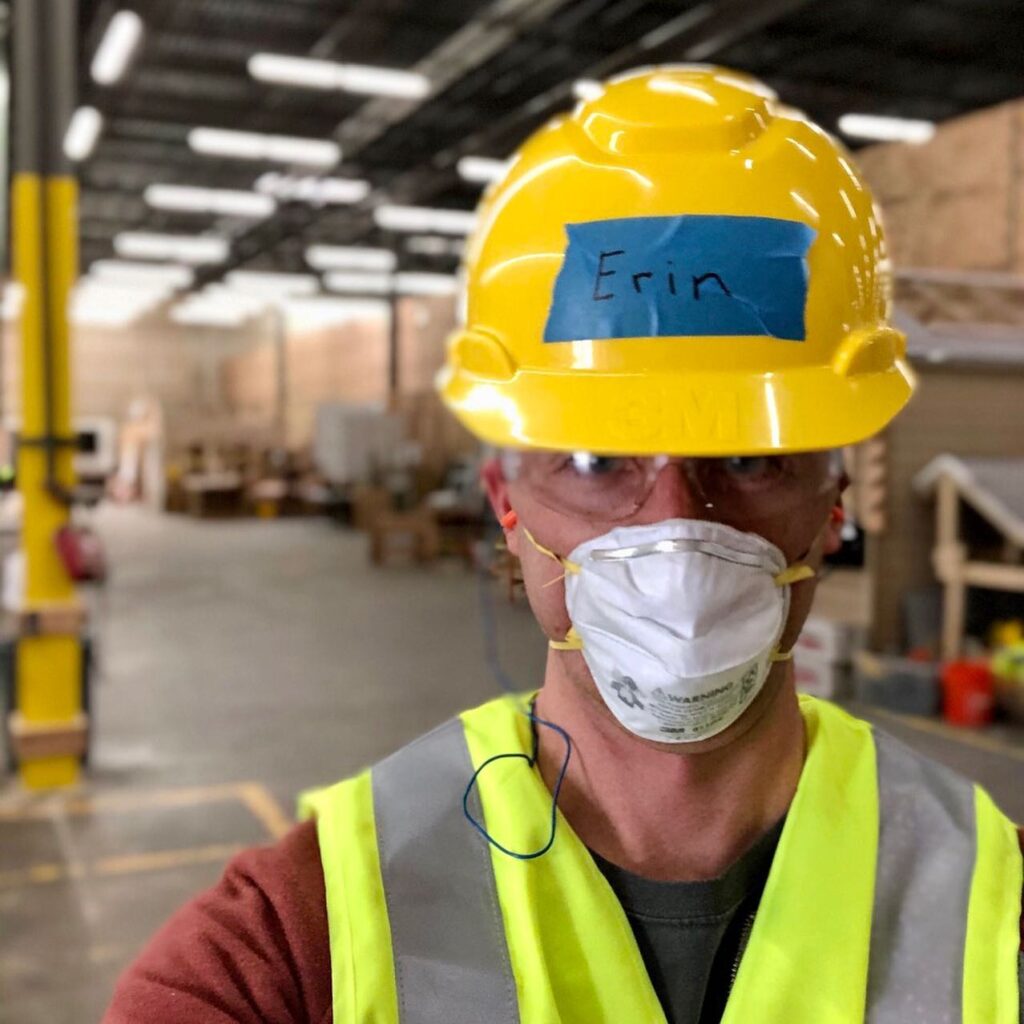
That was right before the sale, too, and I was able to explain the huge dip in revenue, but also point to the fix.
One other mistake was procrastination.
With the latest company and doing the net zero home renovations, I’ve been sitting on content (timelapse videos, spreadsheets, video, pictures) for 3+ years. I was very afraid up until recently to turn on the camera and hit record, and otherwise get on YouTube.
I do regret not starting earlier, meaning 3 years ago. I would have been so much farther along with the current company had I done that back then.
But I did start recently and we’re pushing forward. That’s what matters now.
His Advice for Other Entrepreneurs
My advice is to tune into:
1) What you’re truly good at (better than others at naturally), and
2) What you really want to do with your life in the next 5-10 years
It doesn’t have to be forever, but the clearer you get personally, the happier and more purposeful your life will be.
Listen to others and your customers, but listen to yourself.
Want to learn step-by-step how I built my Niche Site Empire up to a full-time income?
Yes! I Love to Learn
Learn How I Built My Niche Site Empire to a Full-time Income
- How to Pick the Right Keywords at the START, and avoid the losers
- How to Scale and Outsource 90% of the Work, Allowing Your Empire to GROW Without You
- How to Build a Site That Gets REAL TRAFFIC FROM GOOGLE (every. single. day.)
- Subscribe to the Niche Pursuits Newsletter delivered with value 3X per week
My top recommendations

